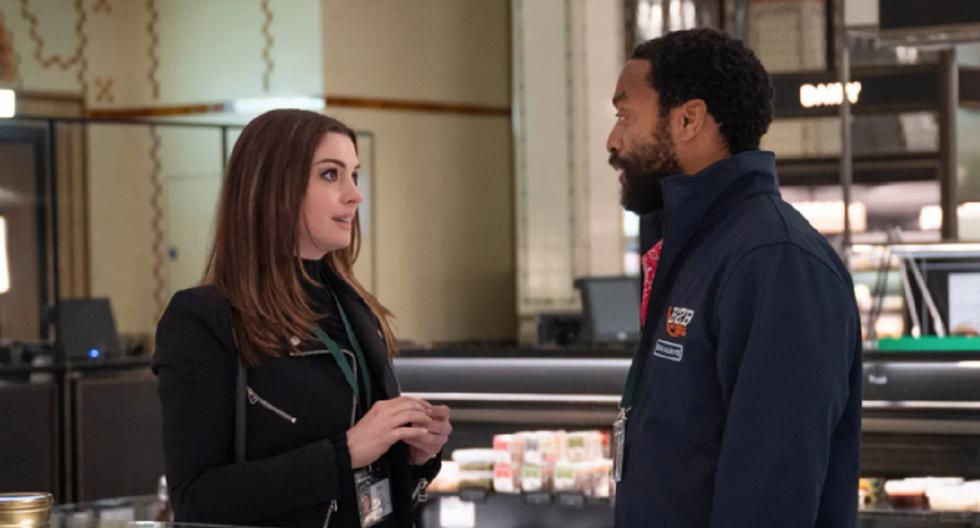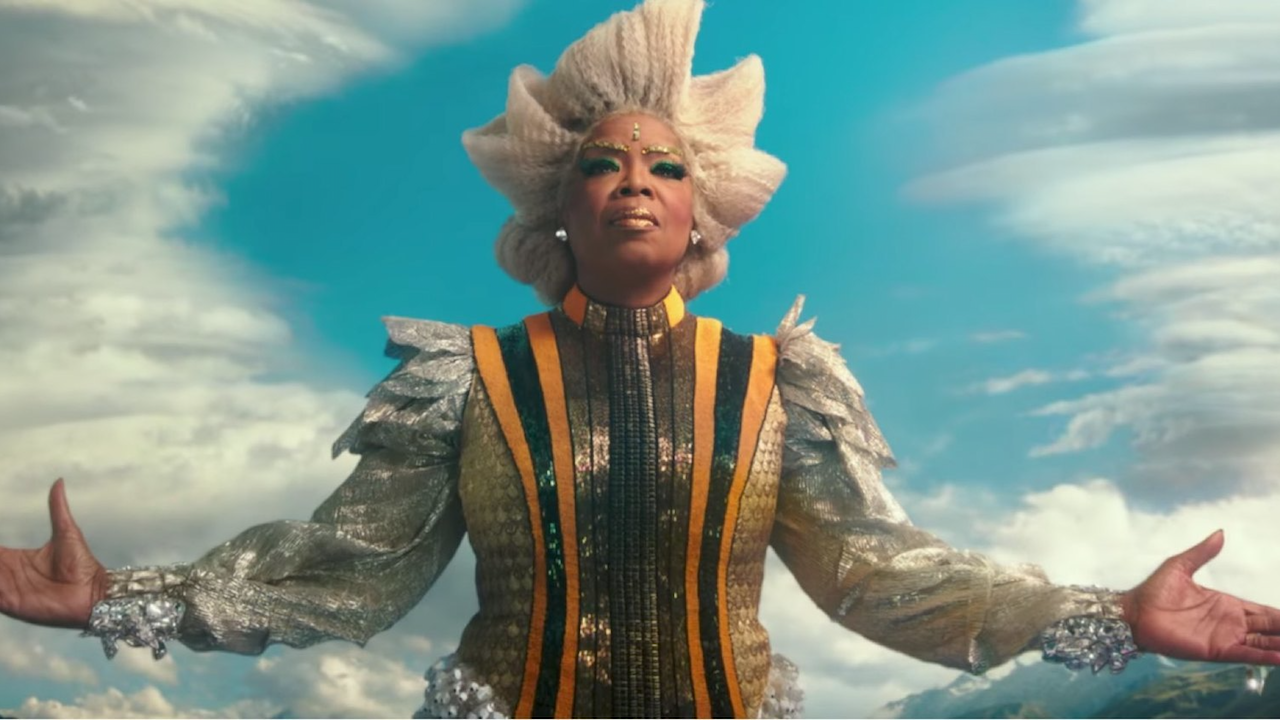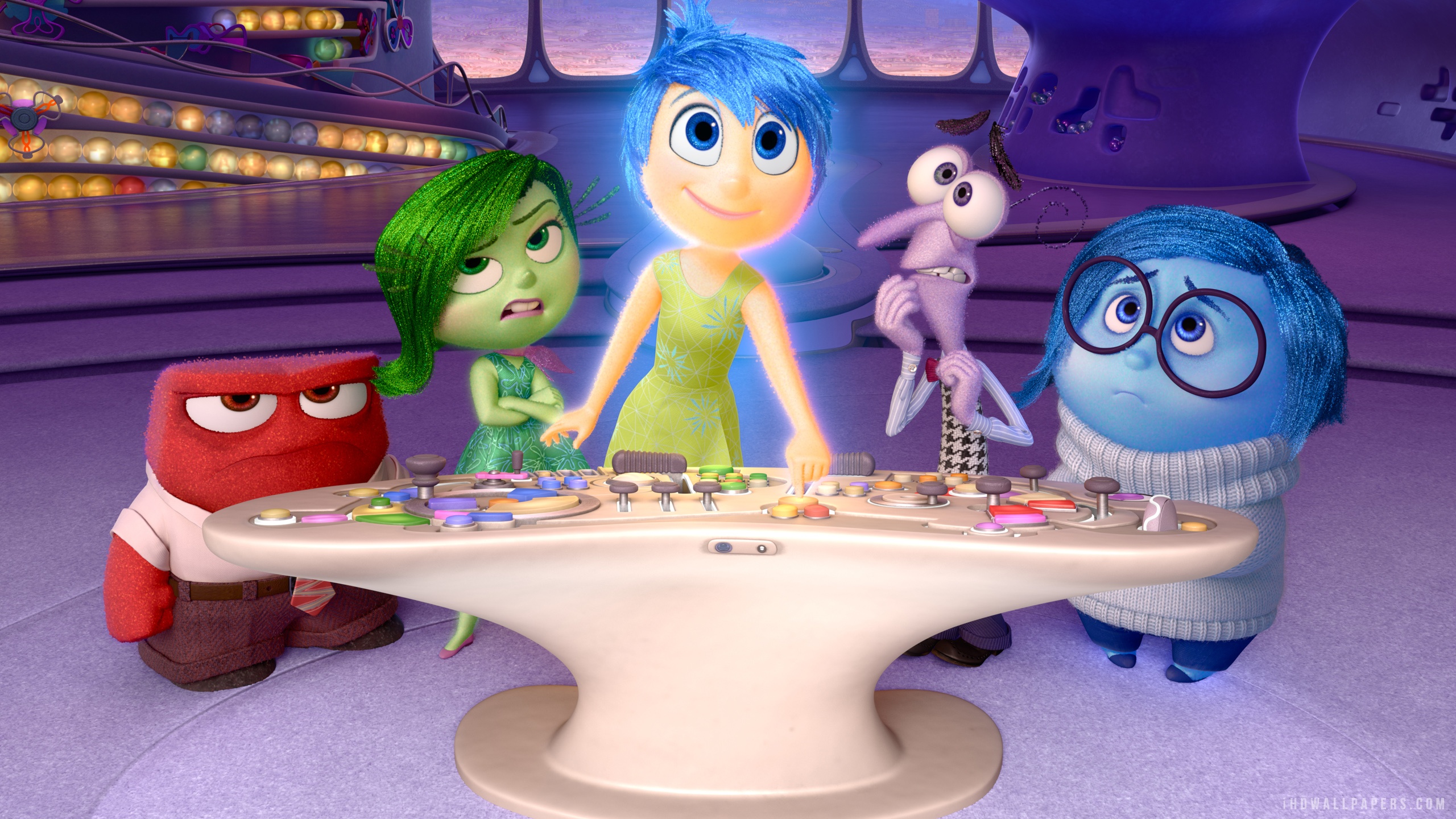Locked Down
by George Wolf
If you’re gonna be quarantined, you could do worse than being stuck with Anne Hathaway or Chiwetel Ejiofor. They’re both extremely talented and – inexplicable internet hate notwithstanding – easy to like.
But in Locked Down, their characters don’t like each other much anymore. In fact, Linda and Paxton were just about to split up when the stay-at-home orders came down. So now he’s been furloughed, she’s been firing people via Skype, and they keep to opposite ends of their (pretty sweet) London townhouse.
But fate is a funny thing, and though Paxton thinks it’s long been against him, suddenly he and Linda have the opportunity to steal a priceless diamond from Herrod’s without anyone noticing.
In writer Steven Knight’s resume of big ups (Locke) and major downs (Serenity – I mean wtf?) Locked Down is a creamy middle with a pleasant enough aftertaste.
Though the dialogue is filled with too-perfect banter and characters who casually drop references to Norse mythology while getting tripped up over “implode” and “explode”, everyone involved seems like their having fun. Expect a couple laugh out loud moments as well, so there’s that.
Hathaway and Ejiofor exude effortless charisma, and a parade of cameos (Ben Stiller, Ben Kingsley, Mindy Kaling, Stephen Merchant, Claes Bang) adds to the comfort food feeling.
And since this is a true socially distant production, most of those famous faces are seen only on computer screens, with director Doug Liman making sure there are plenty of Zoom glitches and other overdone reminders of our interesting times.
But though Liman is best known for action flicks (Edge of Tomorrow, Mr. and Mrs. Smith) this is no Ocean’s Two. The heist is small scale and forgettable fun, but it’s when we’re gently reminded about the things the pandemic hasn’t changed – only revealed – that Locked Down finds a relevant voice.

Locked Down is available now on HBOMax




